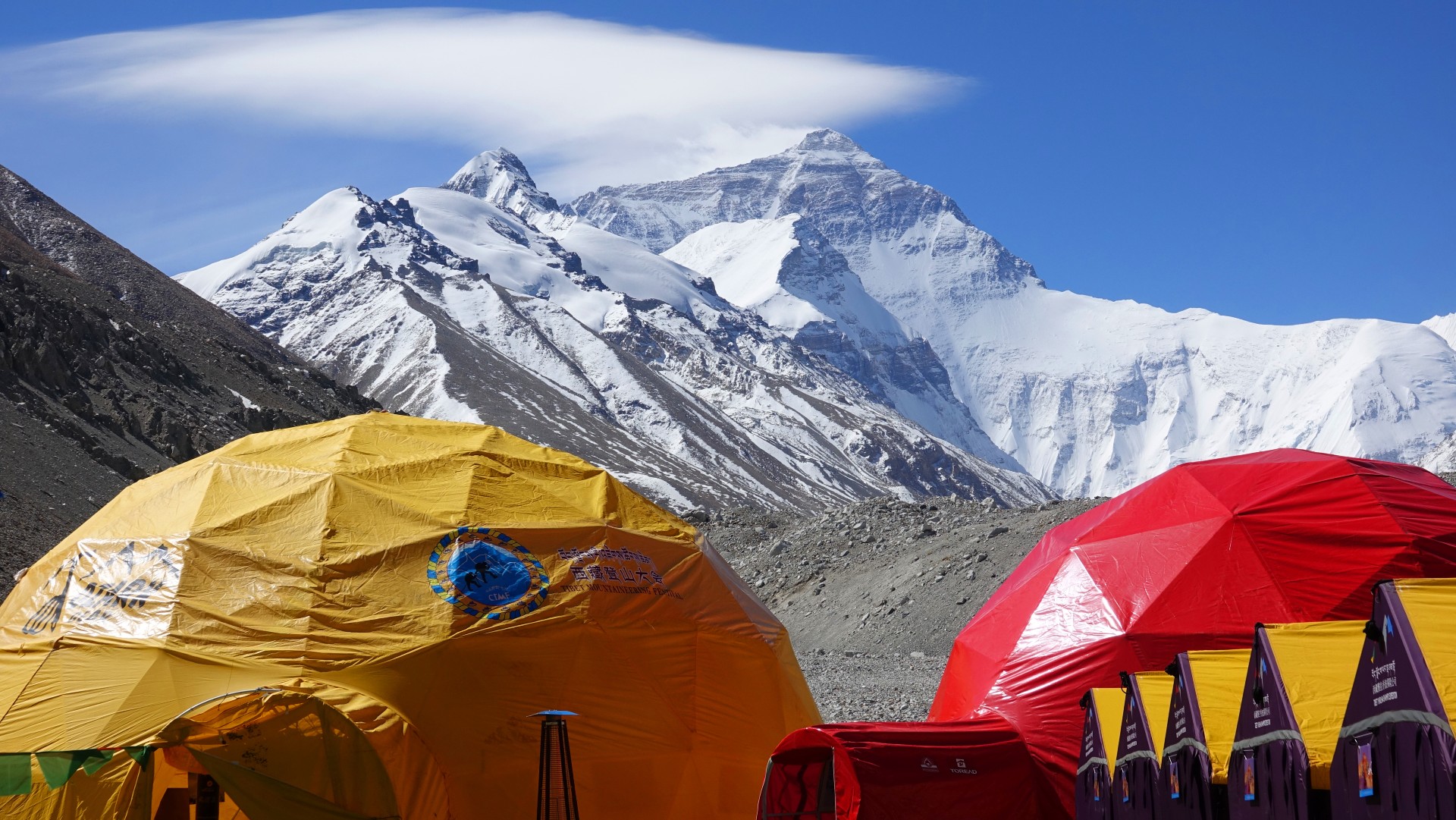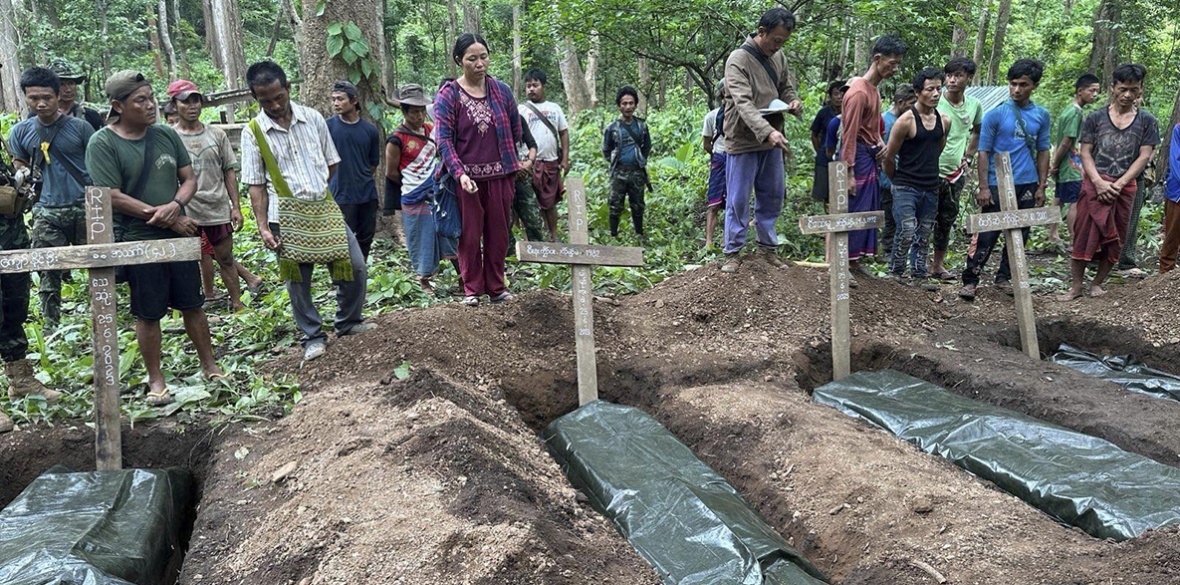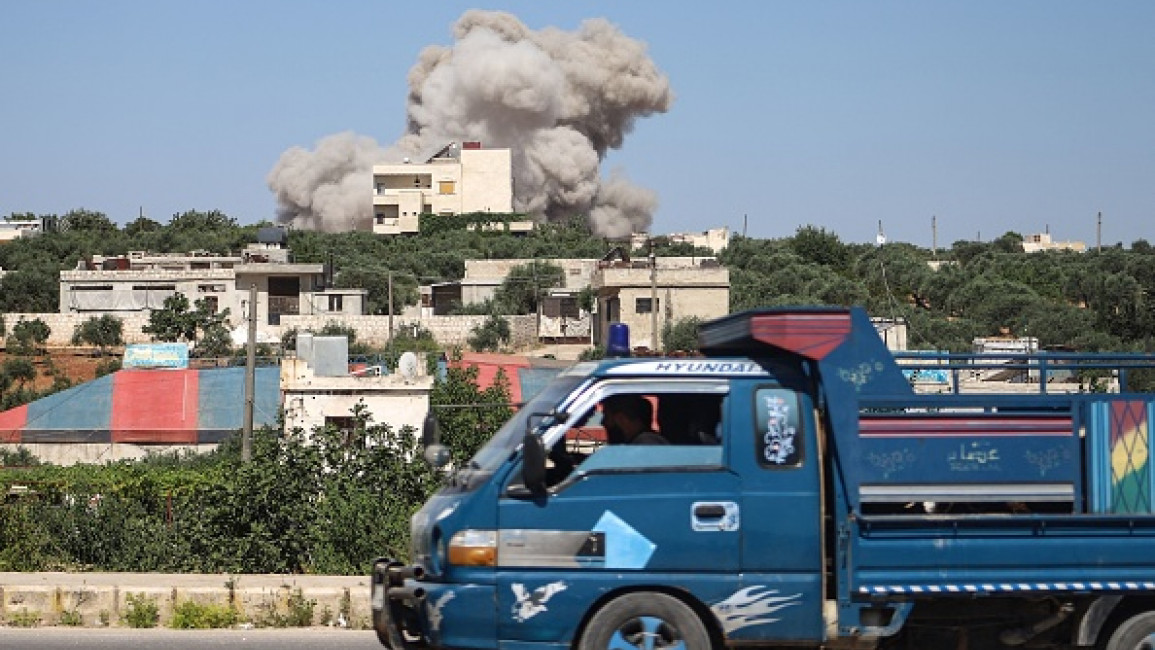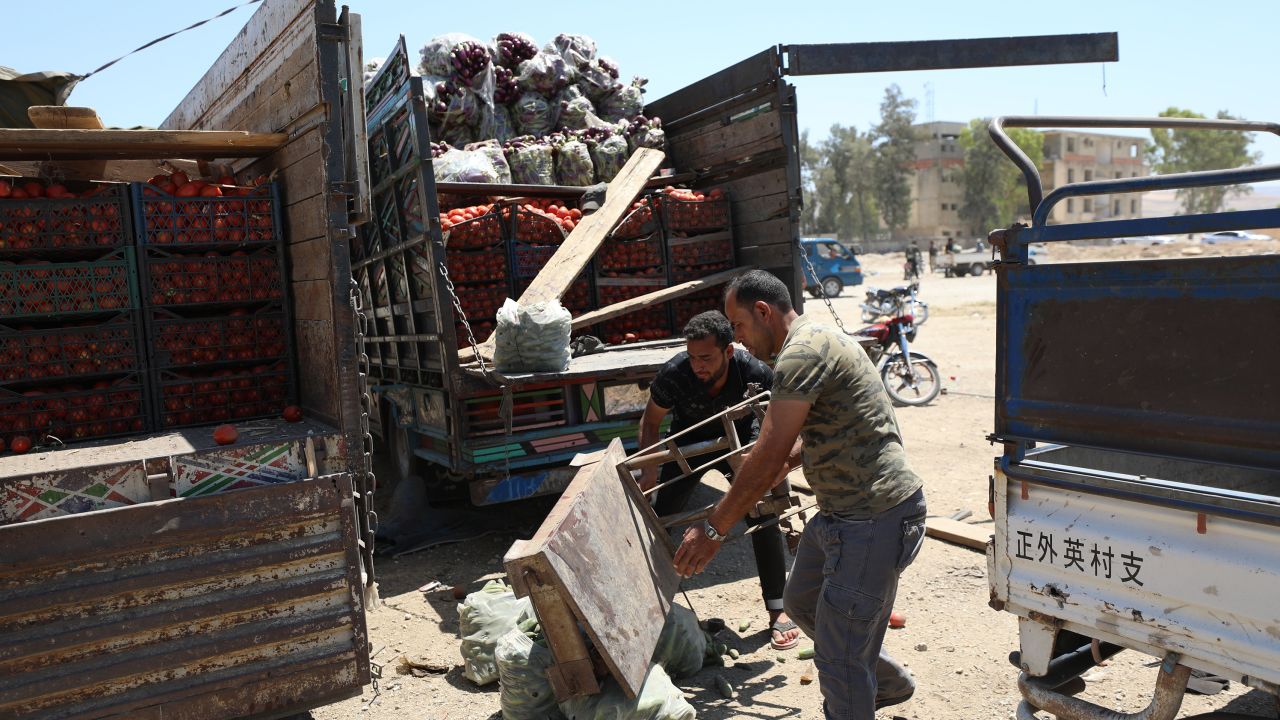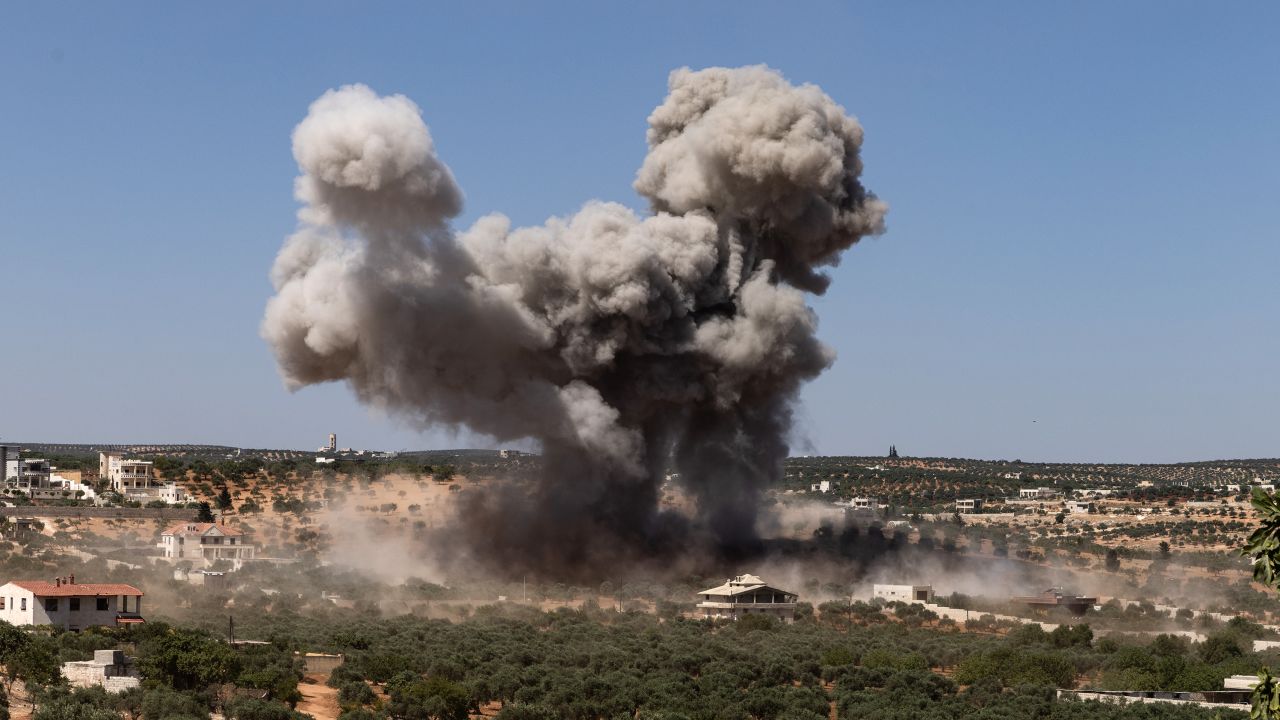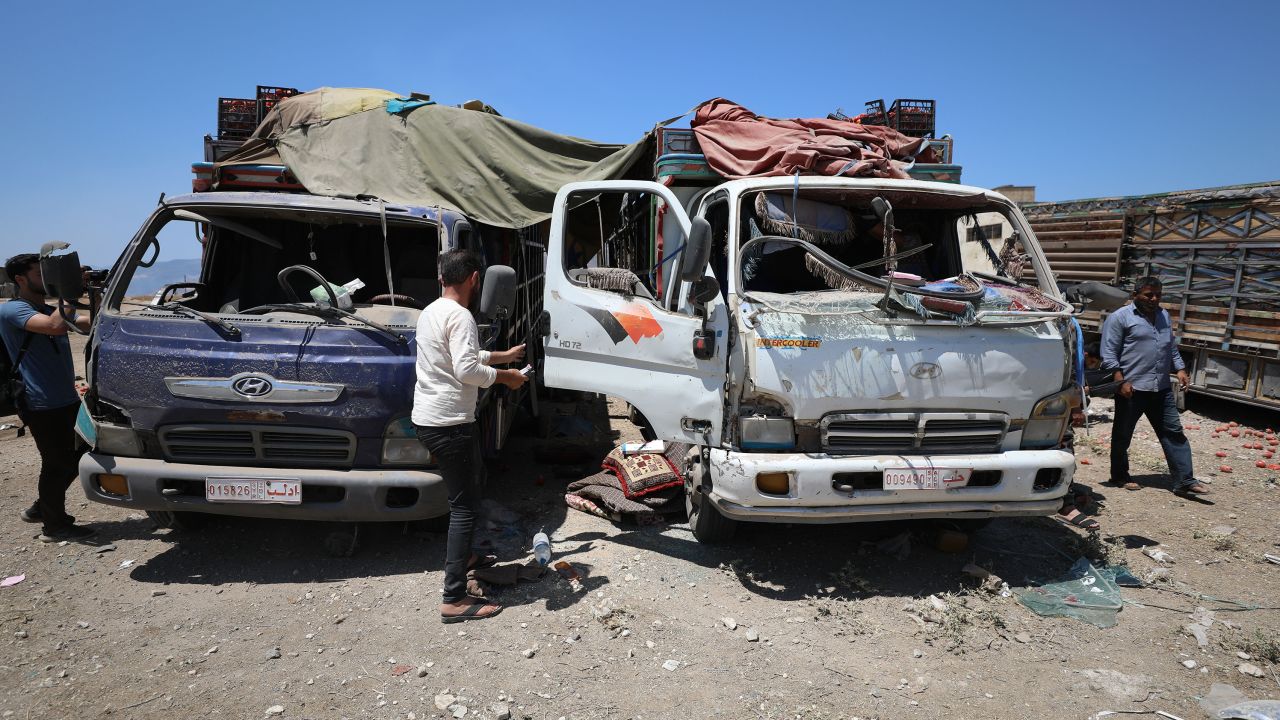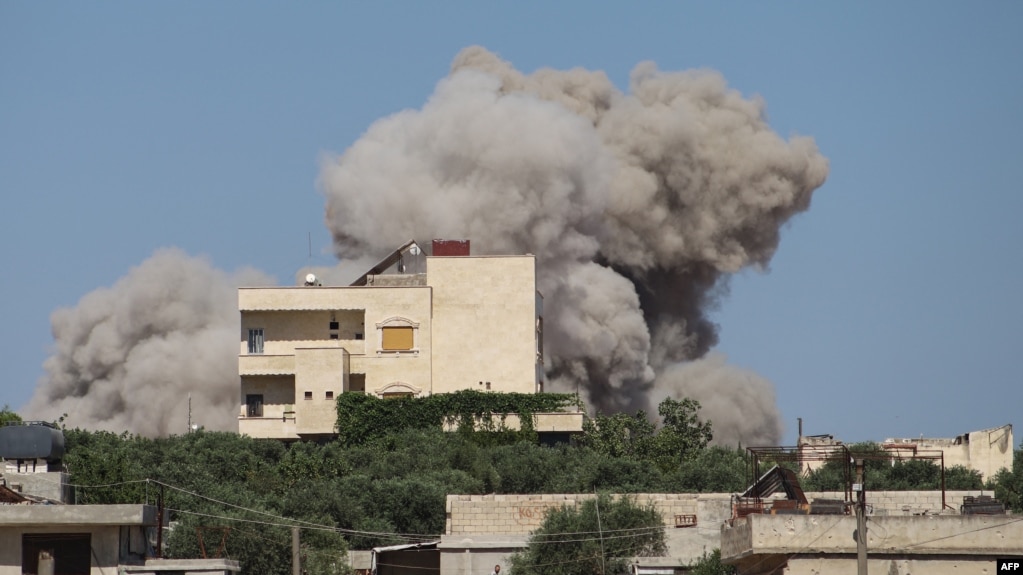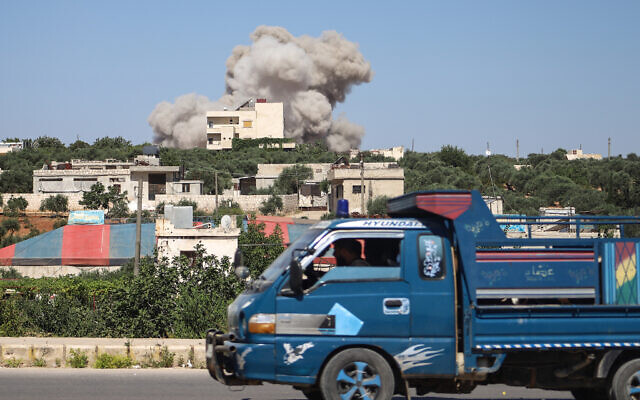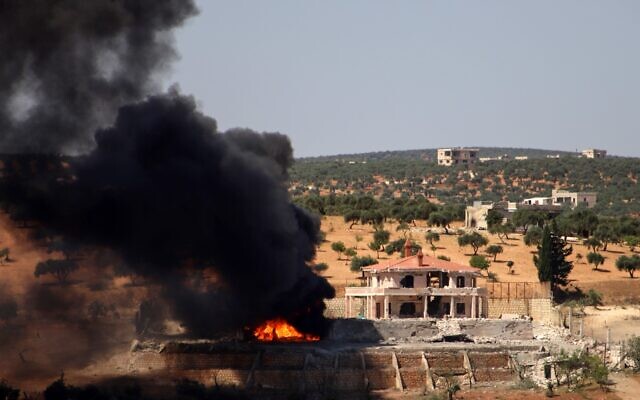In Morocco, families of missing migrants near Canary Islands demand the truth
Basma El Atti
Rabat
26 June, 2023
Over the weekend, families of missing migrants gathered nearly every day in front of the town hall, switching between chanting to crying, from begging authorities for help to cursing the government and nation.

Over thirty people are still missing, the bodies of a man and a child have been recovered. [Getty]
On 10 June, a group of fifty-one people left their hometown Laataouia in Morocco and boarded a boat from the coast of Agadir city to the Canary Islands, and had gone missing. Today, hope is rapidly fading among their relatives after fifteen days of no contact.
"My son threatened that he would kill himself if I didn’t let him go. I wanted him to live that's why I allowed him to take the boat, " Khadija, mother of one of the missing migrants, told The New Arab on Saturday.
After spending twenty-five years in Laataouia, a small city near Marrakech, Khadija's son decided to invest the US$4,000 he accumulated over the years for a seat in a boat heading to Europe.
Two days ahead of departure, Khadija's son bid his mother and hometown farewell, carrying with him only a plastic bag stuffed with some clothes and his mother's freshly baked cookies.
"He said there's no prospect of life or future here. But now I just want him alive," Khadija told TNA as she fought through her tears to speak.
Other mothers joined Khadija in weeping, all their children shared the same boat and dreams
The New Arab Staff & Agencies
For Aicha, the shock was immense. Her son went on a short vacation with his friends to Agadir after receiving the good news of passing the baccalaureate exams. On 9 June, he called his brother announcing that he was taking a boat to the Canary Islands.
"I tried to convince him to go back. He said he sees no future in Morocco and better to attempt his chance now being young," Khalid, the brother of the missing migrant, said to TNA.
Khalid's brother was seventeen. His family has no idea how he managed to afford a place in the boat and what was the payment agreement. Several other minors have joined the boat hoping to make it out of Laataouia, a cornered city with no universities and few job opportunities.
Over the weekend, families of missing migrants gathered daily in front of the town hall in protest, where they switch between chanting to crying, from begging authorities for help to cursing the government and nation.
Security forces watch the protests silently disperse with the sunset. Local reports said the city's police arrested a ring of "illegal migration" smugglers, who authorities claim were behind the tragedy last Wednesday. The city's police, however, have not confirmed the arrest yet.
The New Arab Staff
A murky rescue operation, an investigation opened
The case of the Laataouia migrants occurred on Wednesday 21 June. The Spanish NGO Walking Borders announced that up to 39 people have died after a dinghy sunk near Spain's Canary Islands.
With 59 people on board, the boat reportedly pleaded for help for twelve hours. A Spanish maritime rescue service told the Reuters news agency that 24 people had been rescued by Moroccan-led rescue efforts carried out about 141km (88 miles) to the southeast of Gran Canaria island.
Over thirty people are still missing, the bodies of a man and a child have been recovered.
The dead child was reportedly the only child in the boat. Seven women were also among the migrants. No information is available about their situation.
At the time of the publication, families of migrants said the official Moroccan authority has not contacted them yet.
"Sometimes random WhatsApp numbers contact us saying they have seen one of the boys in a police station or a restaurant in the Canary Island. But nothing official," Mohamed, a father of an 18-year-old migrant, told TNA. "Now we just want the truth. Where are our children?"
Mohamed said the families created a WhatsApp group to share information, identify scammers and comfort each other.
Spain's public ombudsman has begun an investigation into why a Spanish maritime rescue service refrained from saving the boat despite being in close proximity.
The service said that while the boat had been located in a search-and-rescue operation shared between Spain and Morocco, it was decided that Morocco would run the rescue as the craft was 88 miles from the Canary island and just 40 miles from Laayoune, the capital of Western Sahara.
Contacted by TNA, Moroccan Marine did not answer any questions on the reported rescue operation




